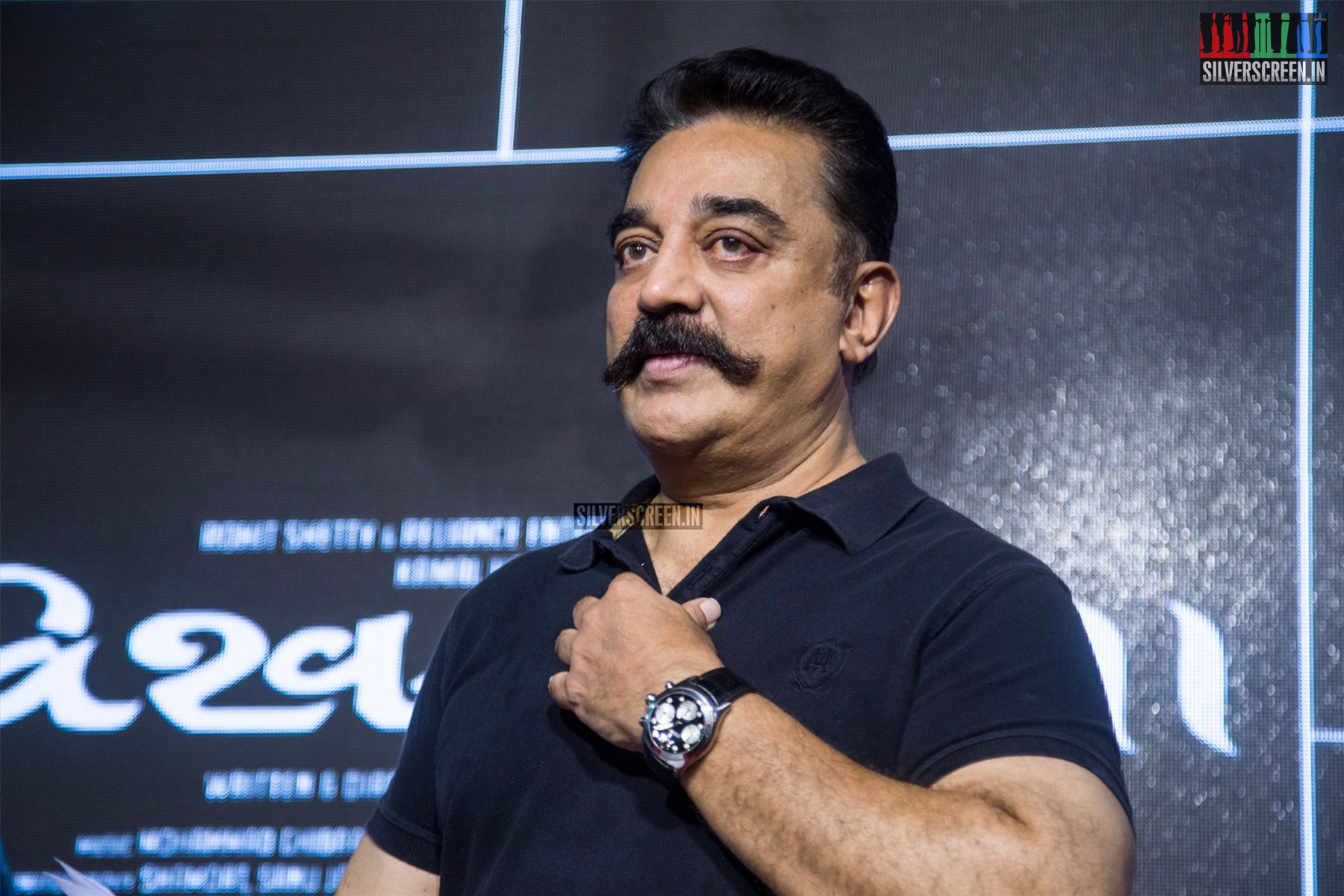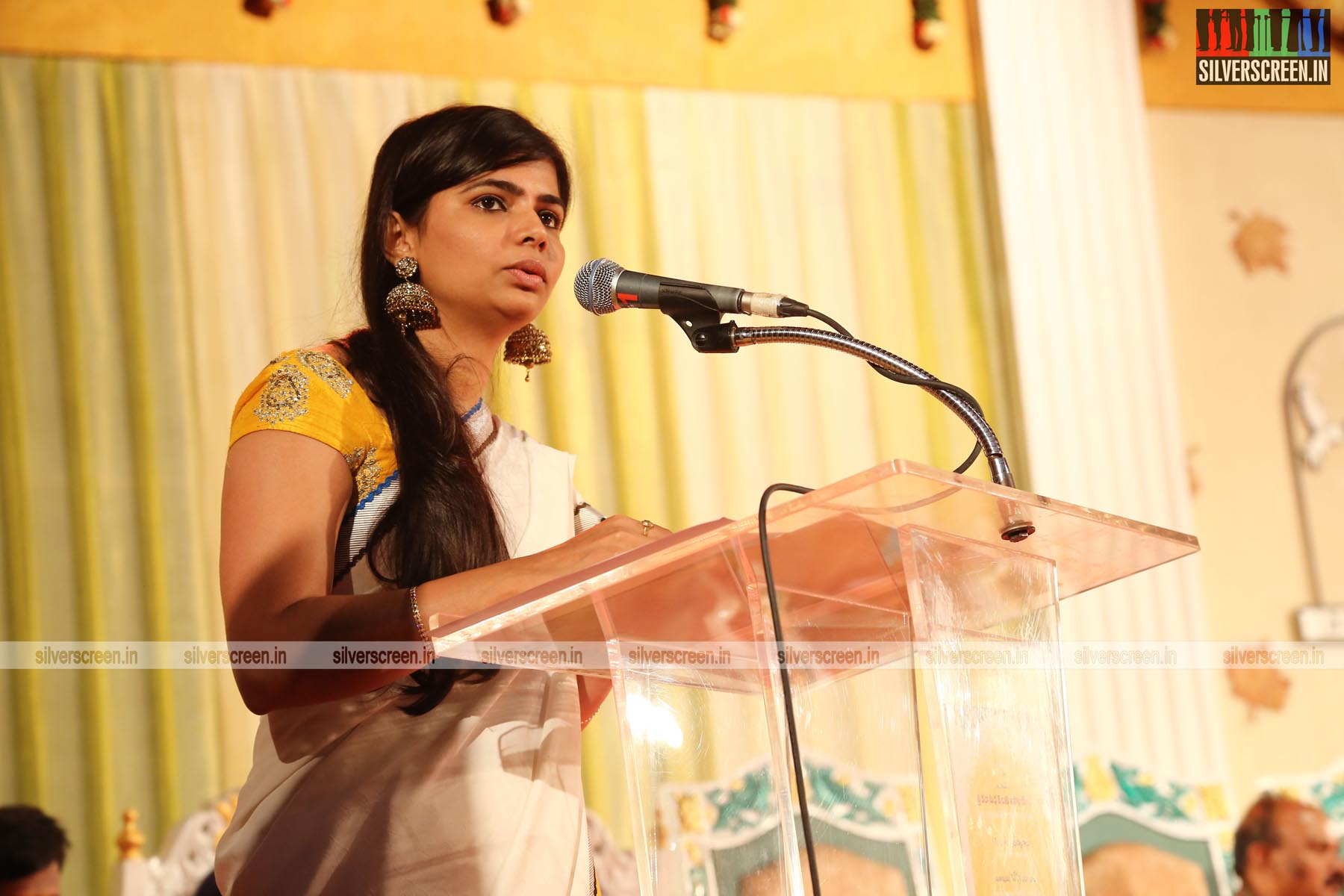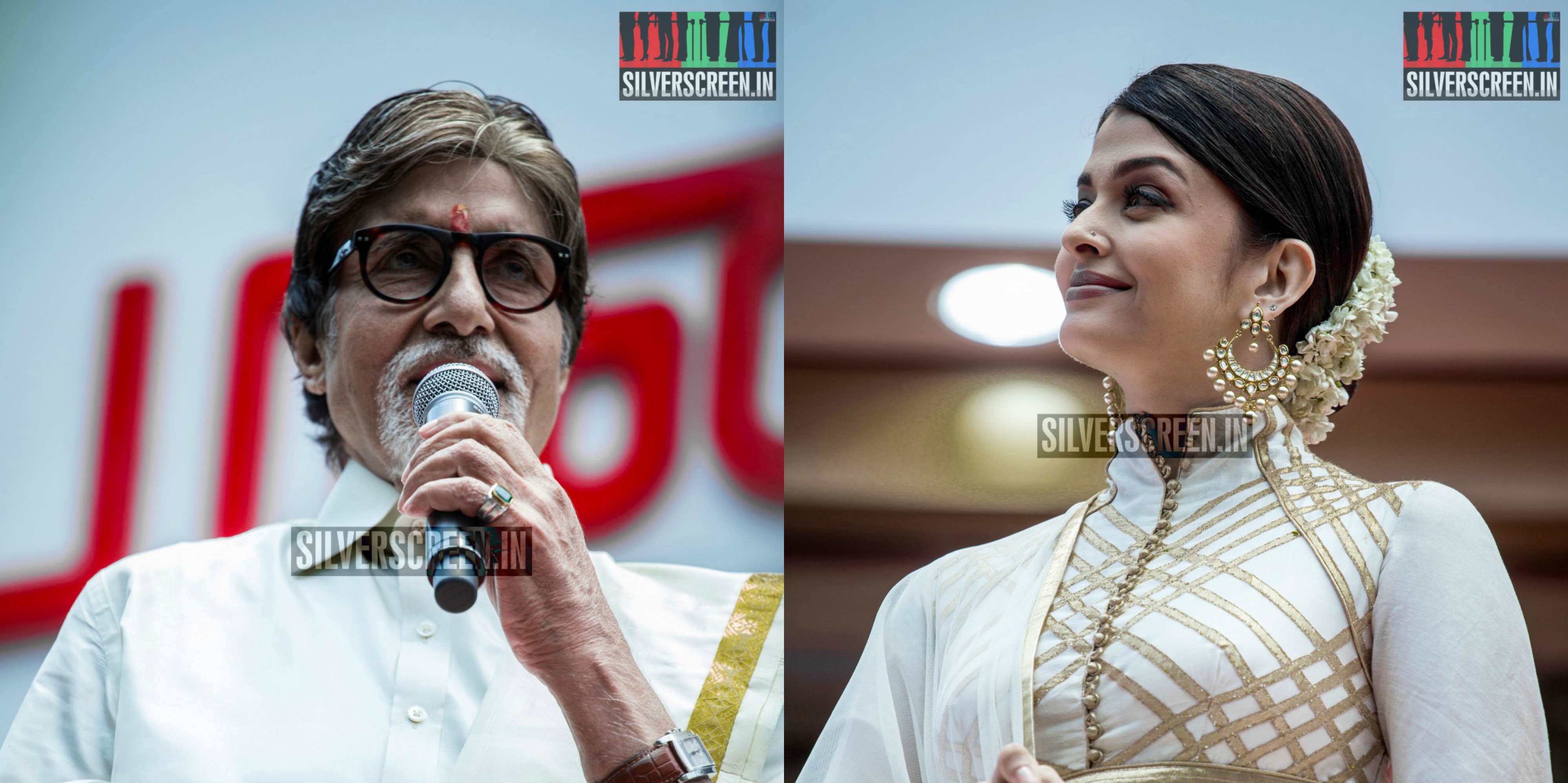This is part of a series where Silverscreen recommends films, documentaries, shorts, songs or scenes from seminal films that make for a compelling watch.
That Sivaji Ganesan never met a complicated role he did not love is the reason films like Aandavan Kattalai, Bagapirivinai and Aalayamani exist. Based on G Balasubramanian’s story, Aalayamani is a treatise on man’s eternal war against his own feral nature. Jealousy, possessiveness and greed war for control in Thyagu’s (Sivaji Ganesan) mind. Common sense prevails much of the time, but what happens when the animal finally takes over?
Screenwriter Javar Seetharaman uses this conceit to develop a two-and-a-half hour film, anchored by strong performances from Sivaji Ganesan, SS Rajendran (as Sekhar) and Saroja Devi (as Meena).
Aandavan Kattalai (1964), also a movie that was courtesy the formidable K Shankar (director) – Javar Seetharaman (screenwriter) – PS Veerappa (producer) combination, would explore many of the themes that are present in Aalayamani.
Thyagu lives off the wealth accumulated by his father, Arumugam Pillai. His privileged upbringing is registered through a series of scenes in which Thyagu is shown in the middle of an opulent living room, getting ready for his tennis match. There’s a man to tie his shoes and yet another to hand him his racquets. In his life, everything has been handed to him on a silver platter. But Thyagu is a poor little rich boy. He has everything money could possibly buy, but the one thing that eludes him is love. Affection and companionship are doled out to him by servants. But he is dismissive of their attempts at forging a relationship with him. They would do anything for money, he shrugs in a telling scene.
SS Rajendran’s Sekhar, who throws a tennis match to save Thyagu’s feelings from getting bruised, is the polar opposite. He is the personification of good. First, he sacrifices that tennis match. Next, he gives away his shot at true love for Thyagu. The game changer here is Saroja Devi’s Meena, the beautiful daughter of Thyagu’s employee. When not letting her hair fly wild and free near the sea shore, Meena can be found mincing her way to Thyagu’s heart. Except, it is Sekhar she really wants. For Thyagu and Sekhar, who so desperately want to be brothers, this situation is most unwelcome. Thyagu is unaware of the love shared by Sekhar and Meena. Sekhar, on the other hand, foregoes his own happiness for his friends.
The film could have very well ended here, except GBS and screenwriter Javar Seetharaman are not after the sort of imagery where the good man makes the ultimate sacrifice. They want redemption for Thyagu. They want Sekhar to find his own happiness. And they want Thyagu and Sekhar to sort this out. For Thyagu to completely accept his chance at love, he needs to first make sense of his own tormented psyche. A childhood incident, sparked by Thyagu’s jealousy, results in the death of his playmate. The grown man is forever afraid of giving in to the same impulses. But fate nonetheless pushes him towards this scenario.
In an attempt to rescue Meena from a car accident, Thyagu loses his legs. For an athlete who prided himself on his ability to win, this is a major blow. And perhaps, it is GBS’s way of letting us in on the fact that Thyagu is not the type who could or would change if he were not completely broken down first. In his infirm state, Thyagu’s mind descends into darkness. He imagines things. He sees shadows everywhere. And when that is not the case, the laughter of his dead playmate chases him around. His nature becomes his albatross. Ever present and dragging him deeper down into an emotional abyss. His opulent palace is now a prison. There’s no hope for anything better.
And here, it is Meena’s unflinching devotion and affection that become the anchor. She forgets her love affair with Sekhar and the myriad opportunities it presented for a life of servitude. She is at Thyagu’s beck and call. When Thyagu himself is unable to rein in his demons, it is Meena who steps in. “In a world that wishes for gold, you’re the only one who wishes for me,” Thyagu sings. He is optimistic. For once, his worries have left him. And in its place is hope for the kind of tomorrow that Meena promises. But then, MR Radha enters the scene as Aatkondan Pillai, a rich landlord with little affection for the working class. Sekhar’s origins disgust Pillai. As do Meena’s.
GBS and Javar want Aalayamani to espouse a certain set of values. The characters (barring the villain) try their very best to be and do good. And when that does not happen, a heavy price is extracted, in keeping with the religious and social mores of the time. Finally, it all unravels in a cliff hanger. For Thyagu to be completely free of his past, he first has to shed his old self. And GBS enables this awakening by staging a tussle on the marana paarai (death’s cliff).
Aalayamani’s box office success spurred filmmakers in Telugu and Hindi to make their own versions. And yet, they never matched the success of the original. Sivaji Ganesan, with his ability to live the role rather than just act it, had cast a long shadow. One that even Dilip Kumar could not surpass. Ultimately, Aalayamani, with gorgeous musical and back ground score from Viswanathan – Ramamoorthy, is a shining example of the times when Sivaji never shied away from taking on a complex role. Towards the end of his life, Sivaji would appear in a variety of dramas bathed in colour and caricature. But in the year of his 90th birth anniversary, one would rather choose to focus on the thespian as he was in the sixties and seventies – an oasis in the desert that was Tamil cinema.
*****
Also read:
KR Vijaya’s Moving Performance In ‘Kurathi Magan’
‘Vadukkunokiyanthiram’, A Dark Comedy From The ’80s That Has The Feel Of An Indie Film
Recommended
‘Aasai Mugam’, A 1965 Film With A Plastic Surgery Plot Twist
‘Panam’, A Reformist Social Drama With M Karunanidhi’s Dialogues
The Timelessness Of Onnu Muthal Poojyam Vare
‘Before My Eyes’, Mani Kaul’s Ode To Kashmir
A Group Of Youngsters Dissect The Idea Of India In ‘I Am 20’



